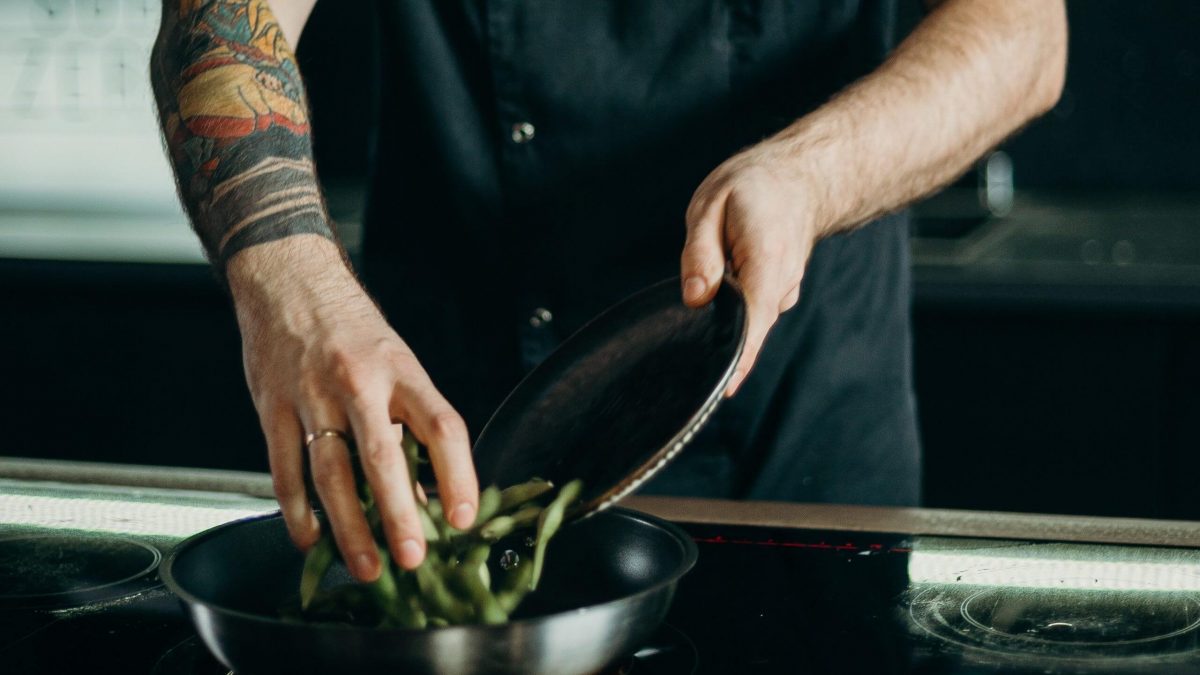Proper Nutrition
{A Written Practice}
Proper Nutrition
Don't run your spaceship on garbage.
This is a big question, and to be frank, we don't yet have someone on our team who specializes in this area in a way that makes sense to us. Many of us have thoughts about nutrition, but we haven't deeply systematized our thinking in this area. So take these as provisional comments, which we will deepen into as we find appropriate advisors. Proper Nutrition is listed here because it is one of the 6 foundational practices that our mentor Dr. Nadine Burke Harris recommends for overcoming early childhood adversity. Why? Because if you want your Autonomic Nervous System to be regulated and calm, what you put in your body matters. Much of the modern diet is not healthy. Much of the modern diet might not even be food. If your great-grandmother wouldn't recognize what you are eating as food, it's probably not food.
Do you know what butylated hydroxyl toluene (BHT) is? How about Sodium Benzoate? Sulphur dioxide? Monosodium glutamate? Autolyzed yeast extract? Disodium buanylate? How do you like eating those chemicals, because you are eating those chemicals.
Wanna know what you are eating? Make it yourself. Go to the farmer’s market (or your garden), and make something whose origins you can trace back to the ground, or the farm. Cook with simple fresh ingredients and you know what is going in your body.
You are a cosmically-engineered creature made in the image of the Divine. Treat your body like the intelligence it is. Do you think it doesn’t notice when you put things in it that aren’t natural? Does it notice? The simplest way to answer this question is to ask yourself how you feel after you eat. How do you feel after you eat specific foods. Geesh–that burger looks awesome. How do I feel afterwards? We aren't here to advocate a particular philosophy of eating, but we are advocating that you pay attention to what you put in your body, and how it makes you feel.
In industrial slaughterhouses, the smell of terror is so thick that the animals know what is coming long before they are executed. This creates the release of cascades of hormones that suffuse the body of the animal, permeating its tissues, filling them with all the flavors of trauma. When it is killed, those end up in your burger. You are eating another animal’s terror. Humane animal husbandry is not only for the animal. It means that you are not having to metabolize another animal’s trauma chemistry.
Industrial agriculture glazes your produce in a toxic poison chemical bath. You then eat that glaze, which doesn’t come of when you rinse it, because part of it has been absorbed by the fruit. Would you sit down and eat a candle? Why then are you willing to eat fruit that has been waxed? We are well aware that this section is incomplete, but we want to start the conversation now.
Related Practices:
Relating to other arts of food gathering, Bow Hunting, Foraging. Related to Eat Seasonally, and Don't Drink that Shit.Photography: Stein Egil Liland | Licensed from Pexels.com, used with permission.


